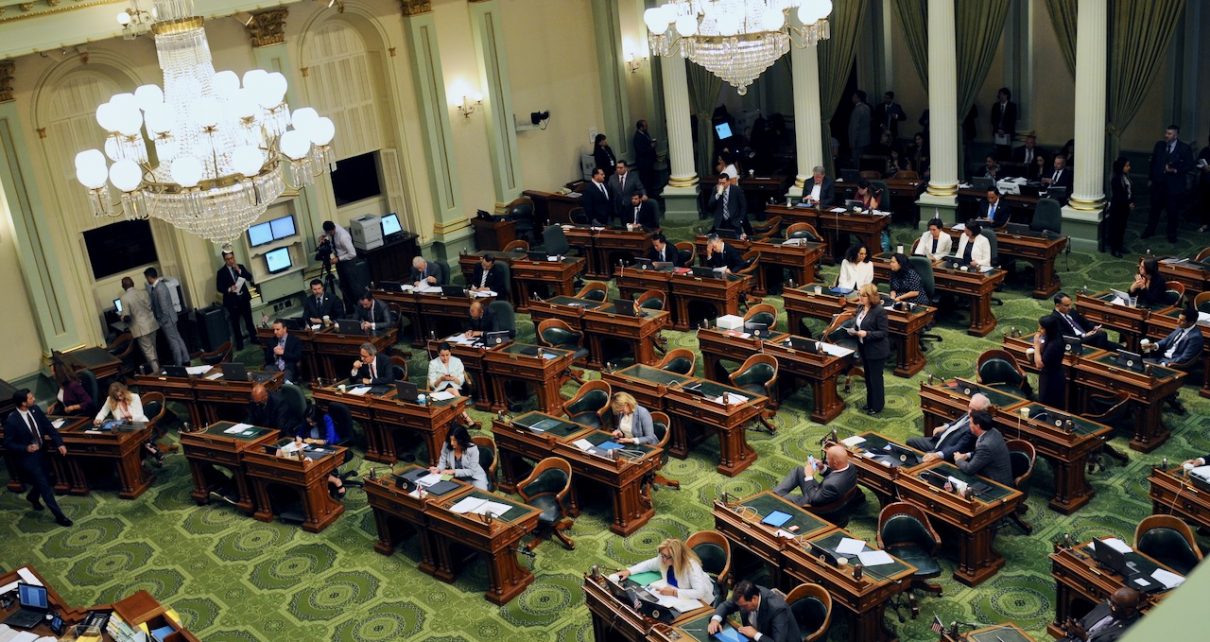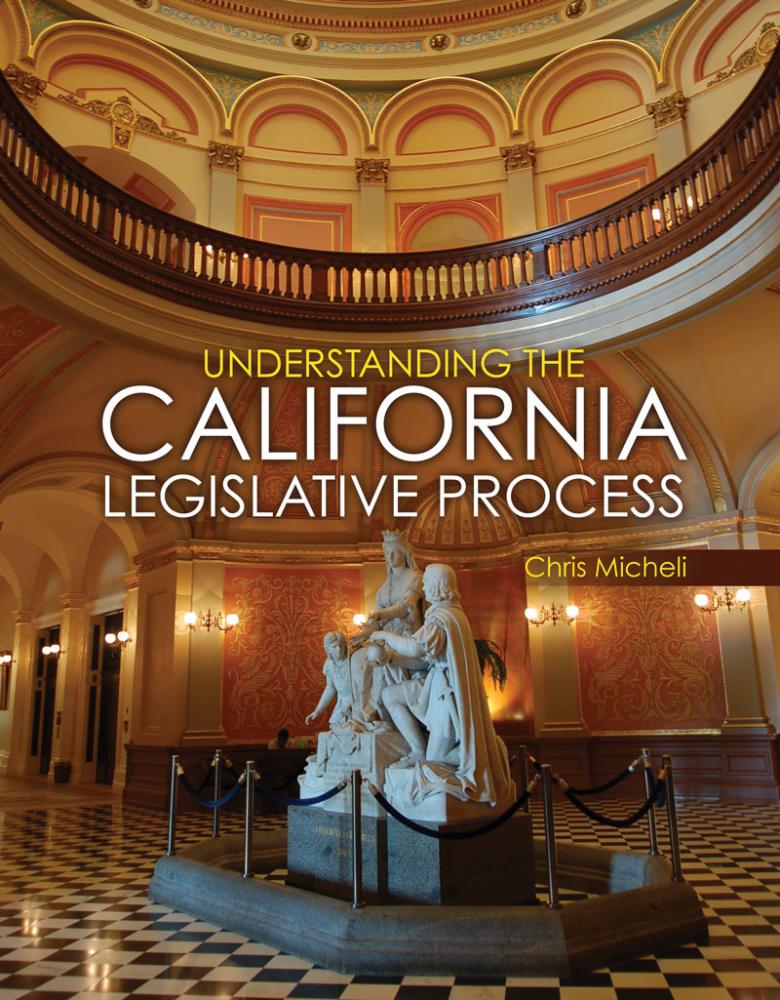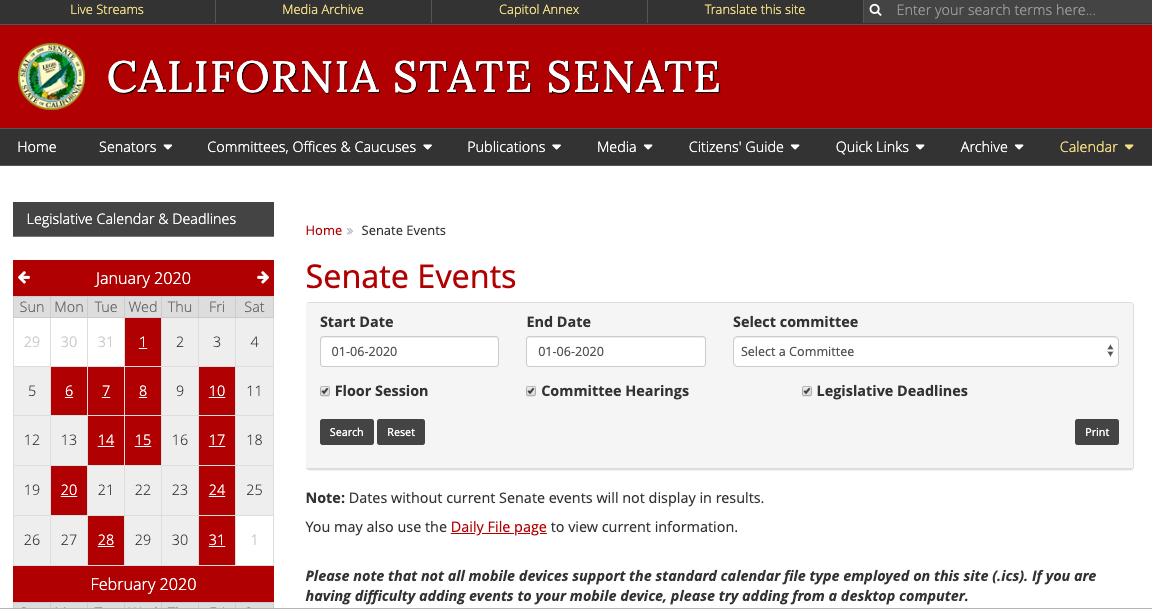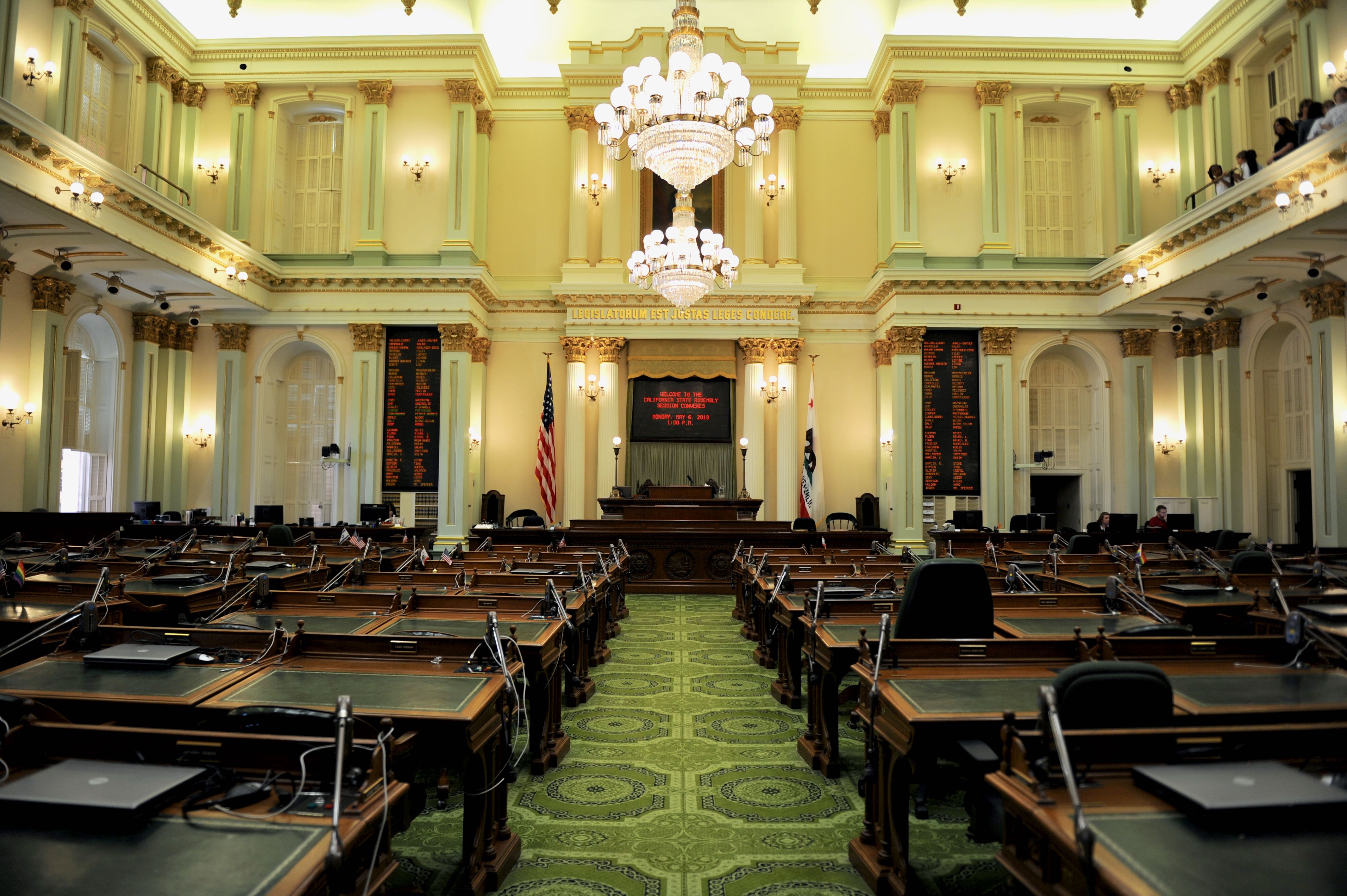
California State Assembly Chamber. (Photo: Kevin Sanders for California Globe)
Examining California Legislative Records
If those records are not subject to inspection, then they are not released
By Chris Micheli, February 5, 2020 9:09 am
Members of the public can examine California legislative records based upon the provisions of the Legislative Open Records Act (LORA), which is found in the California Government Code. LORA was enacted in 1975 to allow public access to legislative records. LORA also limits the public’s right to access, inspect and copy these records.
Pursuant to LORA, requests by members of the public must be made in writing and be submitted to either the Senate Committee on Rules or the Assembly Rules Committee, depending upon the location of the documents being requested. The Joint Committee on Rules is charged with the custody of records in the joint custody of the Assembly and Senate.
LORA provides the laws for review, reproduction and access to legislative records, with specified restrictions. Generally the Rules Committees respond within 3 to 10 days upon receiving written requests for legislative records. If a request is denied, the individual requesting the information is entitled to a written explanation.
Generally the records may not be removed from the office that is designated for records inspection and must be inspected in the presence of a designated staff member from the Legislature. The public can request copies of records and are charged a nominal amount for the photocopying.
The following categories of legislative records are exempt from mandatory public inspection under Government Code Sections 9072 and 9075:
1. Records prepared before December 2, 1974.
2. Records pertaining to certain claims against the Legislature until they are finally adjudicated or settled, and records pertaining to litigation to which the Legislature is a party until such litigation has been finally adjudicated or settled.
3. Personnel files, medical files, and similar files pertaining to the privacy of individuals.
4. Preliminary drafts, notes, or memoranda among Members and staff, other than committee staff analyses directed to all committee members.
5. Records of individual names and phone numbers of senders and receivers of telephone and telegraph communications.
6. Records of individual transactions for fuel or lubricants for committee leased cars.
7. Communications from private citizens to the Legislature.
8. Records of complaints to the Legislature, its investigations, and its security procedures.
9. Correspondence of Members and their staffs.
10. Correspondence to Members and their staffs on matters other than legislation.
11. Written commentary submitted to the committee on legislation and the commentary (a) was not utilized by the staff of a fiscal committee in the presentation of the analysis of legislation or (b) is otherwise determined by the committee or its staff to be confidential.
12. Records where, based on the facts of the particular case, the Joint Rules Committee believes the public interest served by their nondisclosure clearly outweighs the public interest served by their disclosure.
Members of the public are also allowed to gain access to legislation documents. Government Code Section 9080 guarantees public access to legislative committee records concerning legislation. Moreover, legislative committees have adopted written procedures concerning the public inspection of these records.
Generally, interested parties must complete a form stating specifically what legislation records that want to inspect. If those records are not subject to inspection, then they are not released. Otherwise, the committee will arrange for inspection. The records are not removed from the office and are inspected in the presence of committee staff. Copies can be requested and the public are charged a nominal amount for the photocopying.
- This Is an Interesting Limit on Rulemaking Power - February 23, 2026
- Miscellaneous Civil Action Proceedings - February 23, 2026
- Probate Code Could Be a Basis for Statutory Interpretation Principles - February 22, 2026




